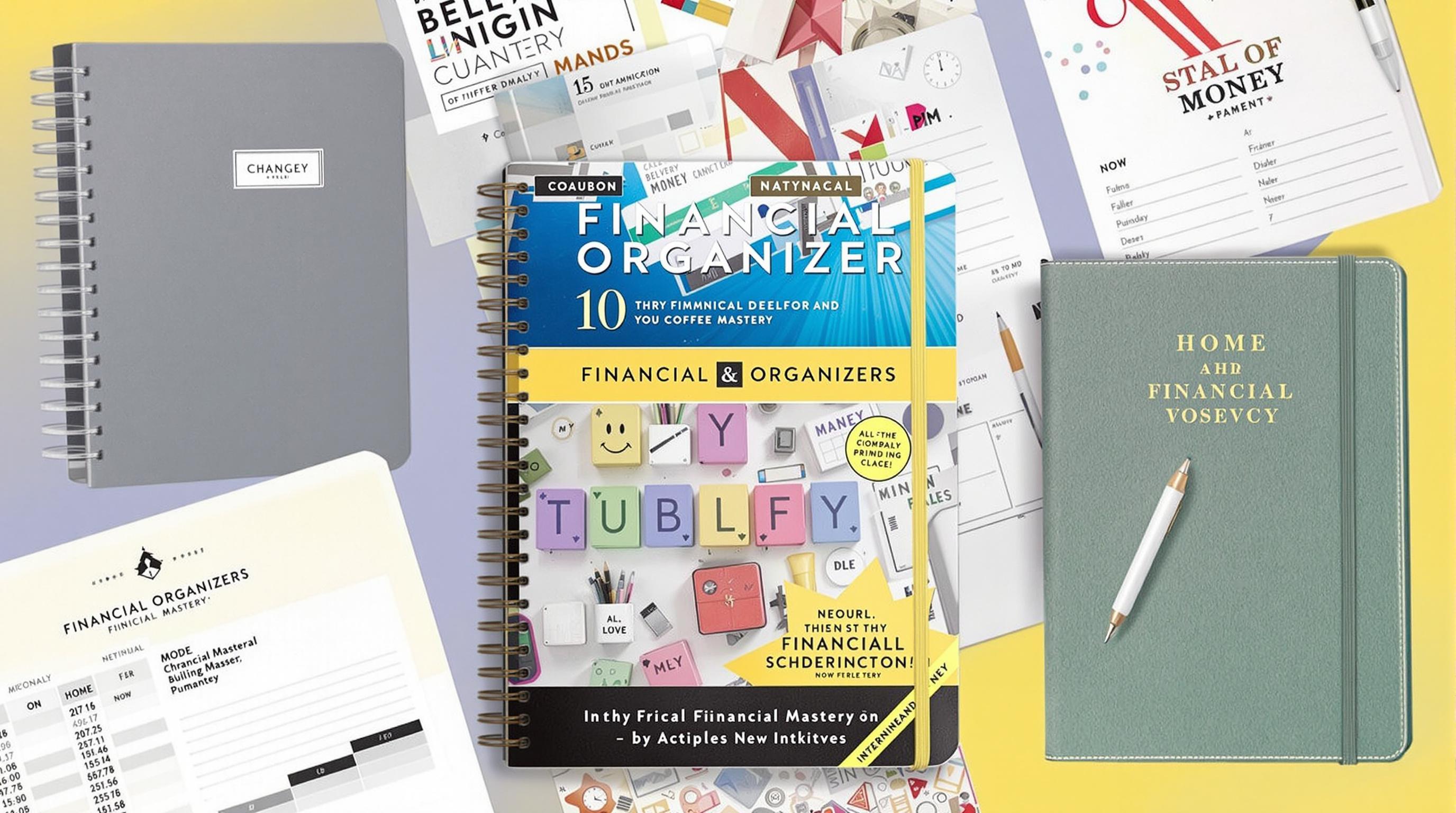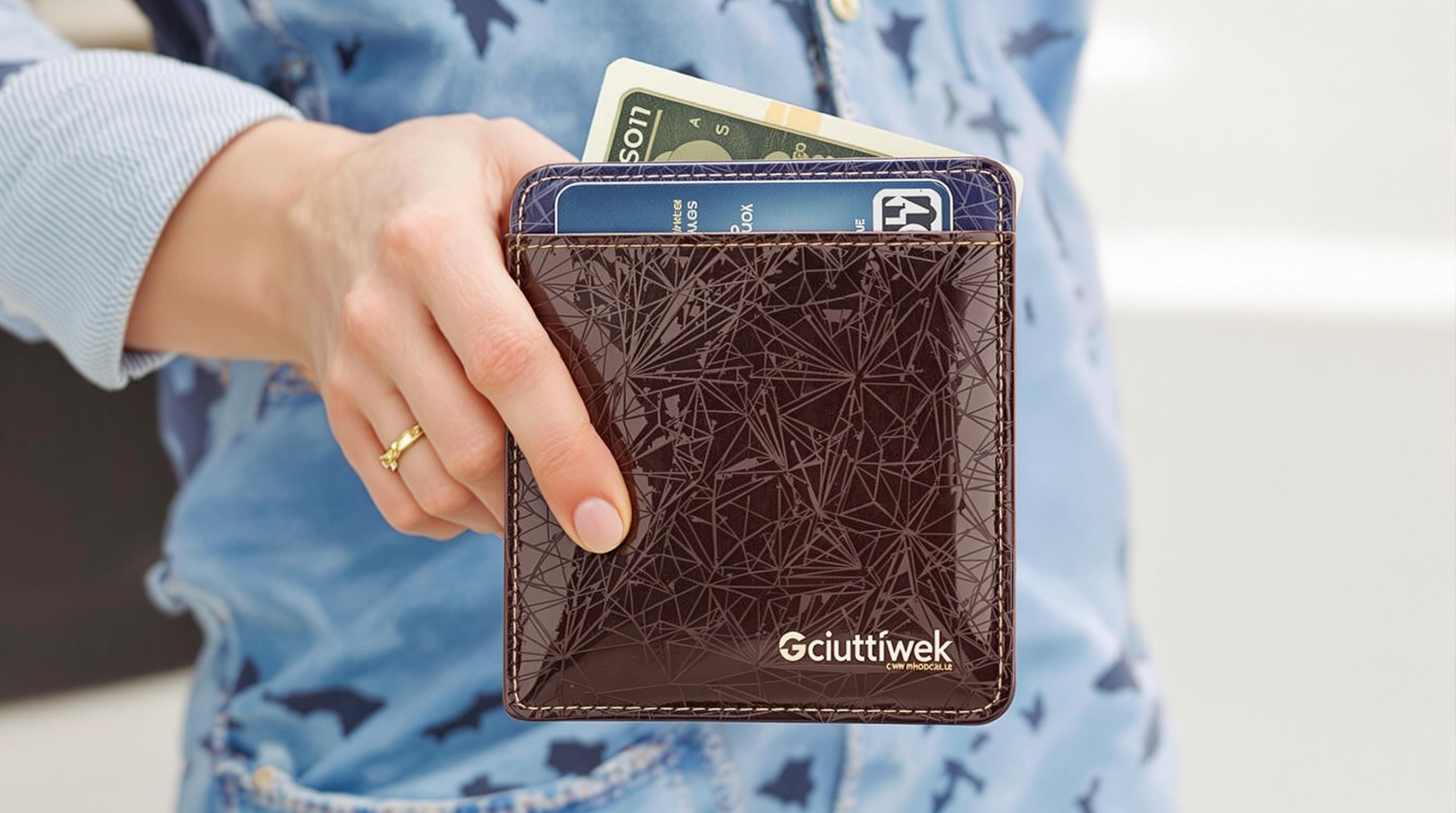Related Articles
- Top 5 Eco-Friendly Wallets Released Since 2019 That Blend Style with Smart Money Management
- Unlocking the Psychology of Spending: How Emotional Triggers Sabotage Your Saving Habits Without You Noticing
- Top 6 Revolutionary Micro-Investment Tools Launched Since 2019 Transforming Family Emergency Cash Reserves
- Top 6 New Credit Builder Cards and Apps From the Past Five Years That Actually Speed Up Your Score Growth
- Top 6 Innovative Debt Restructuring Tools from 2019 to 2024 That Outsmart Traditional Refinancing Options
- How Identity Protection Plans Intersect with Cyberpsychology to Influence Consumer Behavior and Risk Perception
9 Best Newly Released Financial Organizers Since 2019: Expert Reviews on Tools That Sharpen Money Mastery
9 Best Newly Released Financial Organizers Since 2019: Expert Reviews on Tools That Sharpen Money Mastery
9 Best Newly Released Financial Organizers Since 2019: Expert Reviews on Tools That Sharpen Money Mastery
1. YNAB (You Need A Budget) - 2020 Update
YNAB stands out as a powerful budgeting tool that received major updates in 2020, improving its real-time syncing and user interface. Tailored for those seeking to break the paycheck-to-paycheck cycle, YNAB encourages proactive budgeting by assigning every dollar a job. Its core philosophy fosters financial mindfulness, helping users reduce unnecessary spending and build emergency funds.
The updated mobile app now supports improved goal tracking and offers more detailed reports, which many users find invaluable for month-to-month financial analysis. Experts praise YNAB for its educational resources that accompany the software, giving users access to workshops and webinars to deepen their financial literacy. According to a 2021 NerdWallet review, YNAB remains a top contender for budget-focused financial organizing.
(Source: NerdWallet, 2021)
While it requires a subscription, YNAB’s emphasis on behavior change and detailed guidance makes it a worthwhile investment for individuals committed to mastering their money management. Its flexibility suits freelancers, couples, and families alike, making it a versatile tool in the personal finance space.
2. Simplifi by Quicken - Launched 2019
Simplifi by Quicken launched in 2019 as a streamlined, user-friendly financial organizer designed for modern users. It provides automated expense tracking and customizable watchlists that alert users to upcoming bills and potential overspending. This tool excels in its intuitive interface that simplifies complex finances without overwhelming the user.
Experts note Simplifi's ability to consolidate all accounts in one place — from checking to investment portfolios — offering a comprehensive financial snapshot. Its unique features include personalized spending tips based on current habits and goal-setting focused on long-term wealth building. TechCrunch applauded Simplifi’s minimalistic design in a 2020 review, citing its efficient onboarding process and seamless integration.
(Source: TechCrunch, 2020)
For those who want an all-encompassing yet clutter-free financial dashboard, Simplifi offers a great balance of functionality and simplicity. Its monthly subscription model is competitive, making it accessible for varied budgets.
3. MoneyLion – Expanded Features Since 2019
Originally gaining traction as a mobile banking platform, MoneyLion has expanded its financial organizer offerings significantly since 2019. Today, it combines budgeting, credit monitoring, and investment services under one umbrella. This integrated approach helps users manage all facets of their financial health from a single app.
One standout feature is the ‘MoneyLion Instacash,’ which provides no-fee cash advances, supporting users to avoid costly overdraft fees. Industry analysts from Forbes highlighted MoneyLion’s hybrid banking and financing model as a game-changer for underserved customers seeking financial empowerment.
(Source: Forbes, 2021)
Its mix of personal finance tools, including rewards on spending and AI-driven financial coaching, creates a comprehensive ecosystem. Although some users have noted occasional app stability issues, MoneyLion’s robust features make it a contender for those looking to combine banking and money management.
4. Tiller Money - Launched 2019
Tiller Money targets spreadsheet enthusiasts who want a customizable financial organizer grounded in Google Sheets and Microsoft Excel. Since its 2019 release, Tiller has grown in sophistication, automatically importing daily transactions and categorizing expenses with remarkable accuracy.
Financial bloggers and experts often praise Tiller for combining the power of spreadsheets with automation, allowing granular control over budgets and savings plans. It supports unique templates for debt payoff, retirement planning, and investment tracking, appealing to users who desire tailored solutions without locking into rigid software.
(Source: The Simple Dollar, 2022)
While it requires some level of spreadsheet familiarity, Tiller’s extensive community and support resources help mitigate the learning curve. The subscription fee reflects its niche positioning as a hybrid between manual and automated financial organizing tools.
5. PocketGuard Plus - Upgrade in 2021
Since PocketGuard launched earlier, its 2021 Plus upgrade introduced enhanced budgeting flexibility and more nuanced category controls. Designed to simplify cash flow management, PocketGuard Plus automatically categorizes expenses and shows how much disposable income is available “in your pocket.”
Expert financial advisors recommend PocketGuard for users who want a straightforward app without complicated features. Its ability to alert users about recurring bills and subscriptions they might forget about helps prevent bill shocks. According to Business Insider’s 2022 app roundup, PocketGuard Plus is ideal for those new to budgeting due to its minimal setup time.
(Source: Business Insider, 2022)
Despite being a paid upgrade, PocketGuard Plus offers strong value for users aiming to keep a tight rein on their finances while avoiding manual entry. It effectively supports goal setting for savings and debt reduction.
6. Goodbudget – Reinvented Envelope Budgeting (2019 Edition)
Goodbudget reintroduced the classic envelope budgeting method with a modern twist in its 2019 update, allowing users to allocate funds to virtual envelopes. This system encourages disciplined spending aligned with preset budgets, perfect for visual planners.
Users benefit from cross-platform syncing so that family members or partners can share and maintain budgets collaboratively. Financial wellness experts argue this method promotes transparency and accountability, making Goodbudget a strong choice for couples managing household expenses.
(Source: Investopedia, 2020)
Goodbudget’s free tier is advantageous for beginners, though its paid version unlocks unlimited envelopes and account syncing options. While less automated than some competitors, it remains a reliable, no-frills tool for hands-on budgeters.
7. Zeta – Designed for Couples (Released 2020)
Zeta emerged in 2020 as a unique financial organizer tailored specifically for couples. It streamlines joint budgeting and expense tracking, offering both shared and personal account management within one app. This approach reduces financial friction often experienced in relationships.
Experts in relationship finance commend Zeta for balancing transparency with individual autonomy, providing tools that adapt to diverse financial arrangements. Couples are empowered to set shared financial goals, split expenses automatically, and communicate money matters effectively.
(Source: CNBC, 2021)
Zeta’s free-to-use pricing model coupled with optional premium features makes it accessible. Its clear interface and relationship-focused design differentiate it in a crowded personal finance market.
8. Mvelopes – Gamified Budgeting (Enhanced in 2020)
Building on the digital envelope concept, Mvelopes upgraded its platform in 2020 to include gamification features that motivate users to stick with their budgets. By rewarding users for hitting savings milestones and maintaining discipline, it adds an engaging layer to money management.
Financial coaches have praised Mvelopes’ timely alerts and progress visualizations for turning often tedious budgeting into a positive challenge. The software integrates with major banks and offers debt tracking tools, making it attractive for those aiming both to organize and reduce liabilities.
(Source: The Balance, 2020)
Although some find the interface dated compared to newer apps, Mvelopes’ community support and educational content add value. Subscription pricing is competitive and suitable for committed budgeters who enjoy interactive features.
9. Emma – The Financial Aggregator (Advanced Features 2019-2021)
Emma launched globally with ongoing feature expansions between 2019 and 2021, establishing itself as a top financial aggregator and budgeting app. It connects with thousands of banks worldwide, offering a centralized view of accounts, subscriptions, and credit scores.
What sets Emma apart is its focus on subscription management, identifying recurring charges and helping users cancel unwanted services. Personal finance reporters cite Emma’s clean UX and powerful analytics among the best in its class for helping users cut wasteful spending.
(Source: Wired UK, 2021)
Emma’s freemium pricing lets users explore core features with paid tiers unlocking enhanced insights and multi-currency support. Its strength lies in comprehensive money tracking combined with actionable advice.
Conclusion
The landscape of financial organizers released since 2019 showcases diverse tools tailored to different money management philosophies and lifestyles. From the spreadsheet power of Tiller Money to the relationship-centric approach of Zeta, each tool offers unique ways to sharpen money mastery.
Experts emphasize that the best financial organizer is one that fits individual habits and goals, combining automation with behavioral coaching for sustainable financial health. Integration, ease of use, and educational support consistently rank as crucial factors across top-reviewed tools.
Whether one prefers gamification, detailed analytics, or simple envelope budgeting, today's newly released financial organizers provide innovative solutions to empower better decision-making and long-term wealth building.



